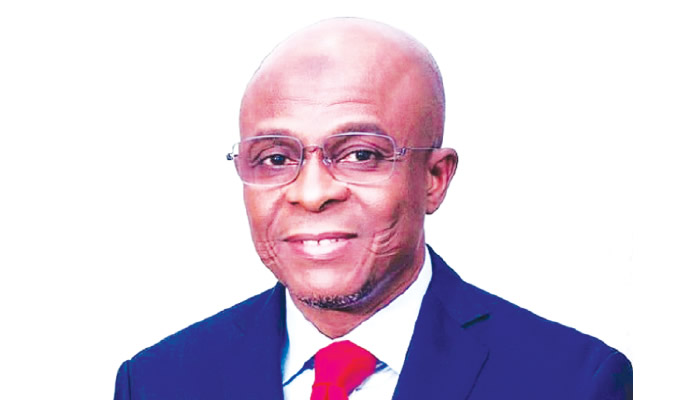The Nigerian Ports Authority (NPA) announced a 15% increase in its tariffs, a move necessitated by the need to modernize port infrastructure and equipment, enhance competitiveness, and align with global standards. This marks the first tariff review since 1993, highlighting the significant lag in adjusting to economic realities and operational costs. The NPA argues that this increase is crucial for generating revenue to invest in critical infrastructure upgrades, ultimately benefiting stakeholders through improved port efficiency and competitiveness. The revenue generated from the tariff increase will be channeled toward the reconstruction and modernization of ports, including addressing collapsed breakwaters and challenges at Rivers, Onne, and Calabar ports, aimed at enhancing cargo traffic and stimulating economic activity, especially in the eastern ports.
The NPA Managing Director, Dr. Abubakar Dantsoho, emphasized the importance of the tariff review in enabling the authority to meet its responsibilities and improve Nigeria’s standing in the global port competitiveness index. He stressed that globally, port authorities rely on operational revenue to sustain their operations and maintain infrastructure. The increased tariff aims to provide a stable funding source for critical upgrades and improvements necessary to attract international trade and compete effectively with neighboring maritime hubs, thereby reclaiming lost business and creating job opportunities. The tariff increase is also positioned as a key driver in enabling the NPA to implement crucial technological advancements like the Port Community System (PCS) and the National Single Window (NSW), both of which are expected to streamline port operations and reduce bureaucratic bottlenecks.
Dantsoho further justified the increase by highlighting the high incidence of unreceipted costs associated with excessive human interaction, bureaucratic hurdles, and functional overlaps due to the absence of a comprehensive Port Community System and a National Single Window. He argued that the tariff review will enable the NPA to address these inefficiencies, ultimately reducing the overall cost of doing business in the long run by streamlining processes and minimizing delays. The modernization efforts driven by the tariff increase are presented as a long-term investment in improving port efficiency and reducing operational costs for all stakeholders.
However, port operators expressed concerns that the tariff hike would inevitably translate into higher costs of doing business nationwide, ultimately impacting consumers. Representatives from the National Association of Government Approved Freight Forwarders and the Association of Nigerian Licensed Customs Agents argued that any additional cost imposed on operators would eventually be passed down to consumers, resulting in increased commodity prices. They acknowledged the rationale behind the increase considering the prolonged period since the last review, but maintained that it would still represent an additional burden on businesses and ultimately consumers.
While stakeholders like Joshua Asanga acknowledged the need for a tariff increase considering the impact of inflation on the value of the existing tariff and the rising costs of port management expenses like wages and fuel, the NPA clarified the scope of the tariff review. The increase will not affect certain item rates, including throughput and lease fees, rents on NPA-owned properties, MOWCA levy, service boat operations, and hourly towage and mooring charges. This clarification aims to address concerns about the overall impact of the tariff increase and ensure that certain essential services are not disproportionately affected.
The NPA clarified that the port cost encompasses charges from various government agencies operating within the port and should not be solely attributed to NPA charges. This clarification aims to differentiate between the overall cost of port operations, influenced by multiple stakeholders, and the specific charges levied by the NPA. The authority seeks to emphasize that the tariff increase represents a necessary investment in port modernization and efficiency, leading to long-term benefits for all stakeholders, including reduced operational costs and improved competitiveness. The debate continues between the NPA’s justification for the increase as essential for modernization and stakeholders’ concerns about the immediate impact on the cost of doing business and consumer prices.














